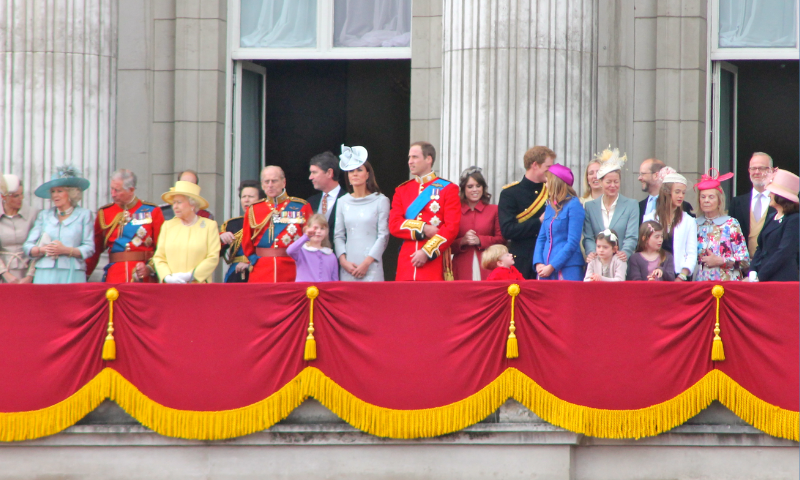David P. Goldman
PJ Media, Sept. 8, 2022
“Democracy without an overarching sense of the sacred would be a nightmare.”
Americans rarely grasp the extent to which the British people invested their monarch with a sense of sanctity. Elizabeth II personified the “mystic chords of memory” that bind a country together with a national identity. The monarchy is Britain’s most popular institution, and more popular today than at any time since opinion polls began. As religion faded in Britain, the monarchy became the repository of the country’s sense of the sacred. Britons will mourn Elizabeth II as no American of living memory was mourned. I offer my condolences, along with so many around the world.
As a religious Jew, I am a monarchist by conviction and a republican as a matter of practicality. My ideal form of government is the sovereign rule of the King Messiah. In the absence of divinely-ordained government, I cleave to the American Constitution and the ideas of the Founders. But no republican government can last long without a sense of the sacred. Implicit in our public order is a sense of sanctity that has a parallel to monarchy by divine right. Dieu et mon droit —God and my right — is the motto of the British royal house and its self-designation Rex Angliae Dei Gratia — King of England by the grace of God. The divine right of kings was a concept I was taught to detest in grade school. But there is no government except by divine right. Without a sense of the sacred, no society can endure.
In a 2018 essay for the (sadly) defunct British magazine Standpoint, I compared the American and British understanding of the sacred. We are divided from our mother country by more than a common language. We form our identities differently. The essay is no longer available online, and I post below an edited version in honor of Elizabeth II.
The identity crisis of the West might better be termed the West’s struggle with the sacred. By “sacred,” I mean that which endures beyond our lifetime and beyond the lifetime of our children, the enduring characteristics that make us unique and will continue to distinguish us from the other peoples of the world, and which cannot be violated without destroying our sense of who we are. The sacred is what a country’s soldiers are willing to die to protect; unless there is something for which we are willing to die, we will find nothing for which we are willing to live. …


